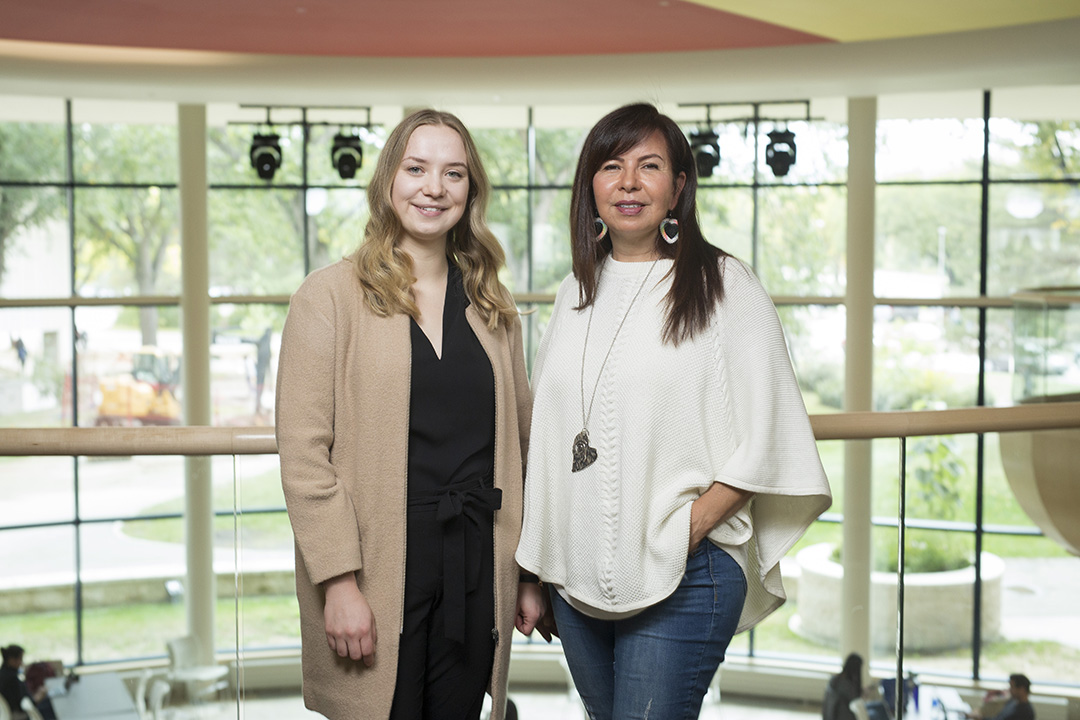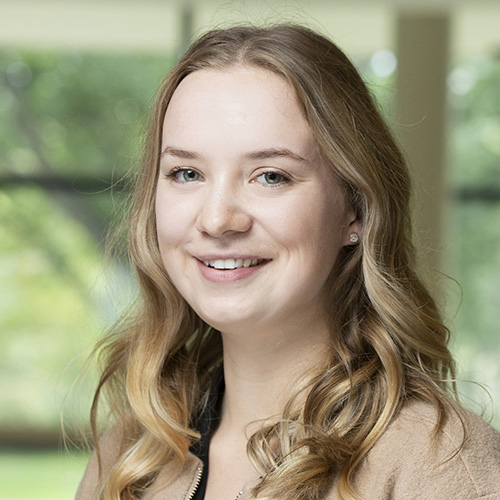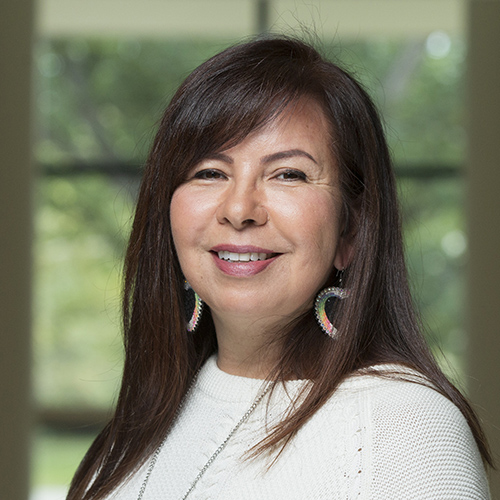
Graduate college awards recognize Indigenous student leadership
University of Saskatchewan (USask) Indigenous students Indiana Best and Cindy Deschenes have been awarded $20,000 each by the College of Graduate and Postdoctoral Studies (CGPS) to honour their leadership in the areas of public health and mental health.
By Federica Giannelli“We are so proud of these two young researchers who have shown strong leadership through their commitment to research and the impact they have on their communities,” said CGPS Dean Dr. Trever Crowe (PhD).
The Indigenous Graduate Leadership Award recognizes student leadership through community engagement in areas such as entrepreneurship, academia, Indigenous cultures, and governance.
Indiana Best: Improving services for treating addictions and mental health

A Métis student from Alberta, Indiana Best came to USask for her public health master’s degree with a drive to study how to help organizations, such as the Métis Addictions Council Saskatchewan Inc., improve their programs for treating addictions and mental health. She hopes her research will help impact the council’s services by exploring what Métis-specific cultural programming would look like in the context of addictions treatment.
“I wanted to learn more about my own culture, and I came here because USask is a national leader in Indigenization and acknowledges the importance for students to be connected with their own culture,” said Best. “It is awesome to be supported in my studies through this USask award. I really appreciate how CGPS has this award for Indigenous students who are committed to their communities and are giving back through their academic work.”
Best received the CGPS award for her involvement with various groups on campus advocating for both Indigenization and decolonization, and for being a team leader and member of the Board of Directors for SWITCH, a student-led wellness initiative for community health that offers traditional clinical services, as well as cultural supports and outreach initiatives, mainly to Indigenous peoples.
Best said her leadership style is guided by the teachings of ‘Mino-binwaazowin,’ which means to live the good life and act with good intentions.
“Over the past year, I had the opportunity to learn from Elders, Knowledge Keepers and community members who reinforce my values of leadership such as listening, respecting, empowering, providing opportunities for others, and seeking guidance when necessary,” she said.
Cindy Deschenes: Teaching leadership to Indigenous youth

Cindy Deschenes, an Anicinabe (Algonquin) health sciences PhD student, is learning from both Western and traditional Indigenous knowledge to empower leadership potential among Indigenous youth. Her goal is to understand how leadership development affects student mental health and well-being.
Deschenes will collaborate with the Ermineskin Cree Nation school-community in Alberta to evaluate culture-based health and wellness interventions. Relying on her own Anicinabe roots, Nehiyaw (Cree) guidance, and Stephen Covey's The 7 Habits of Highly Effective People (1989), she aims to find creative ways for Cree school communities to support leadership development and implementation in areas such as living a balanced lifestyle, being proactive, and demonstrating integrity, honesty and accountability—core values of traditional Cree culture.
“Historically, Indigenous communities have experienced disruption from their cultures due to colonization, residential schools and child welfare,” said Deschenes. “I hope our findings will be useful for other Indigenous communities seeking innovative ways to respond to youth mental health, including suicide.”
In addition to her community-based research, Deschenes received the CGPS award because of her volunteer work in training Indigenous youth as “story catchers/research assistants” by teaching them Indigenous-based leadership principles that support decolonization.
“For me, leadership is about unleashing human potential in young Indigenous peoples to become vibrant citizens who can contribute to their communities, and to Canada,” said Deschenes, who is enrolled in a unique College of Medicine research-based program that encompasses a wide range of health sciences areas.
She is mentored by scholars from the USask College of Education, the School of Rehabilitation Science (College of Medicine), the School of Public Health, and from the Indigenous Studies department.
For more information about applying for the Indigenous Graduate Leadership Award, read here.
Federica Giannelli is a CGPS-sponsored graduate student intern in the USask research profile and impact unit.

